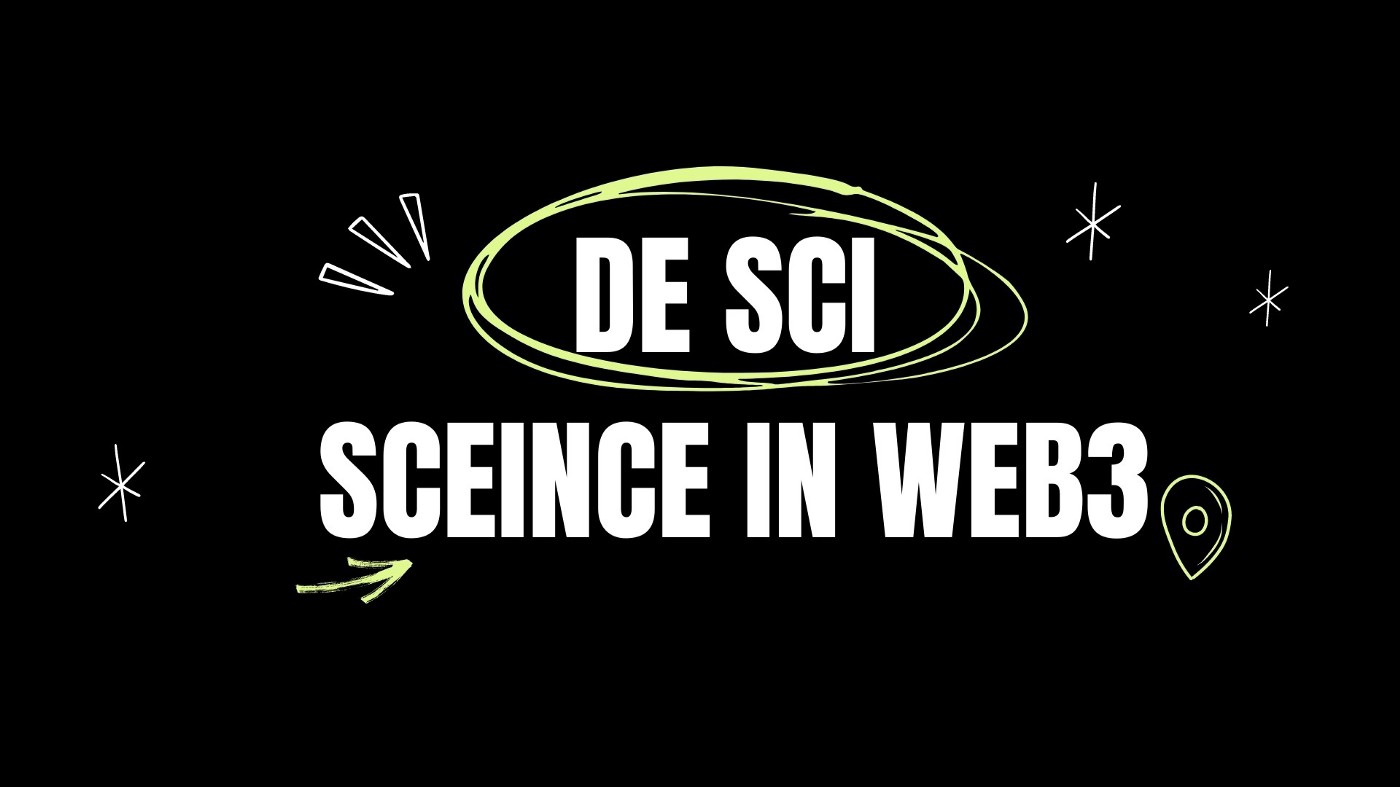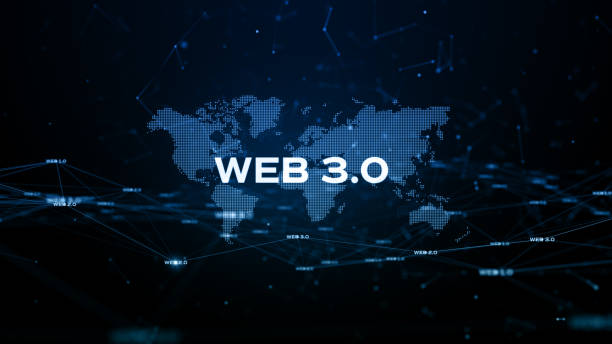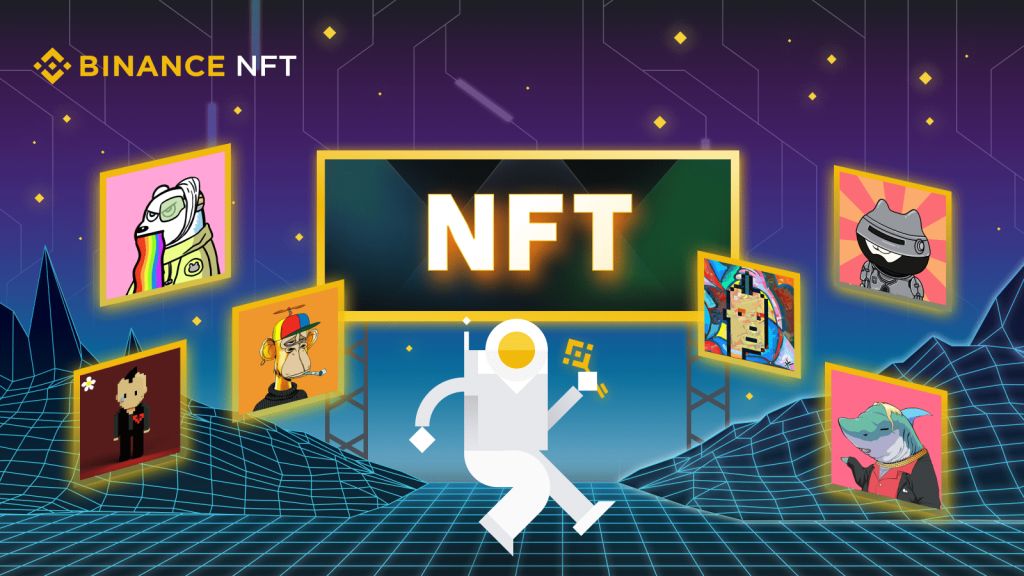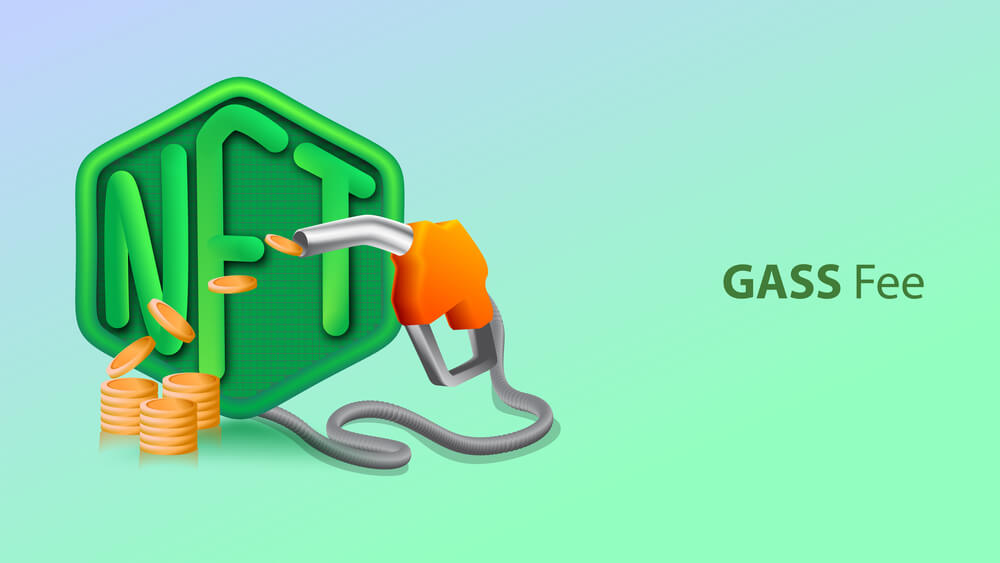Decentralized Science (DeSci) has now emerged as the latest Web3 trend to enhance modern science. While still at a budding stage, the movement strives to revolutionize scientific research, publication, and funding while using Web3 tools.
DeSci is a Web3 movement that strives to decentralize science. Essentially, DeSci strives to use Web3 tools such as DAOs, blockchains, and smart contracts to solve major issues in scientific research and publication.
In general, DeSci focuses on two integral movements. First, it is the measures that are taken by the scientific community to enhance the research funding process and facilitate unrestricted sharing of information and knowledge. The second focuses on the crypto movement to reclaim ownership from centralized entities and profit-hungry middlemen.
Why Is DeSci Important?
First, the academic funding model is currently in shambles. Scientists struggle to get the right funding for their projects. It comes after scientists spent over 50% of their time writing grant proposals. To be sure, their access to funding majorly depends on the impact of their published work. In turn, this pushes the academics to pursue mainstream subjects, instead of critical ideas.
Neuroscientist Sarah Hamburg wrote:
“Ultimately, inadequate and unreliable funding not only reduces the amount of science being done but also biases which project scientists choose.”
Besides funding, restricted access to scientific information is another huge issue that is plaguing modern science. Due to private databases and gated and paywalled websites, a majority of the scientific data is inaccessible to the general public.
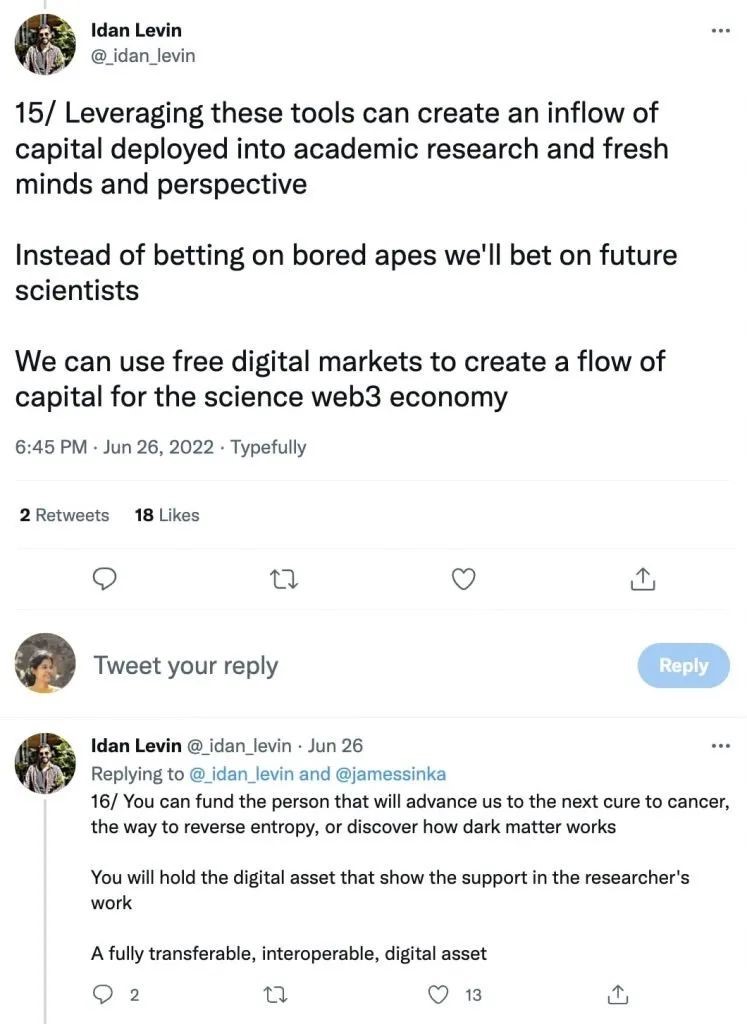
How Can Web3 Help?
To a huge extent, Web3 can assist in resolving most of the issues the scientific community is fighting today. First, scientists can use NFTs as a tool to fund their different research endeavors. Some have already done that. For instance, biologist Merlin Sheldrake sold nonfungible tokens featuring images of his studies of plants and fungi.
Sheldrake used a part of the proceeds from the sale to fund his research. Important scientific papers can also be changed into NFTs to raise the needed money. As Web3 investor, Idan Levin explained:
“Instead of betting on bored apes, we’ll bet on future scientists. You can fund the person that will advance us to the next cure to cancer, the way to reverse entropy, or discover how dark matter works…You will hold the digital asset that shows the support in the researcher’s work.”
Furthermore, scientists can use smart contracts to peer review by directly connecting the authors and peer reviewers. That way, they get to avoid the middlemen who charge huge sums for peer-reviewing.
In that context, with DeSci, scientists and a designated community can own scientific data instead of enterprises or governments. For example, they can set up DAOs that mostly take care of a particular niche.
Some of the existing examples include LabDAO, Molecule, SCINET, and VitaDAO. That can also help in preventing scientific censoring, which makes the data available to people throughout the world.
In general, the possibilities that DeSci offers modern science are endless. Nonetheless, it is still in its infancy stages. As a result, there is a significant need for more mainstream adoption of Web3 tools within the scientific community, before DeSci can introduce its full potential.

